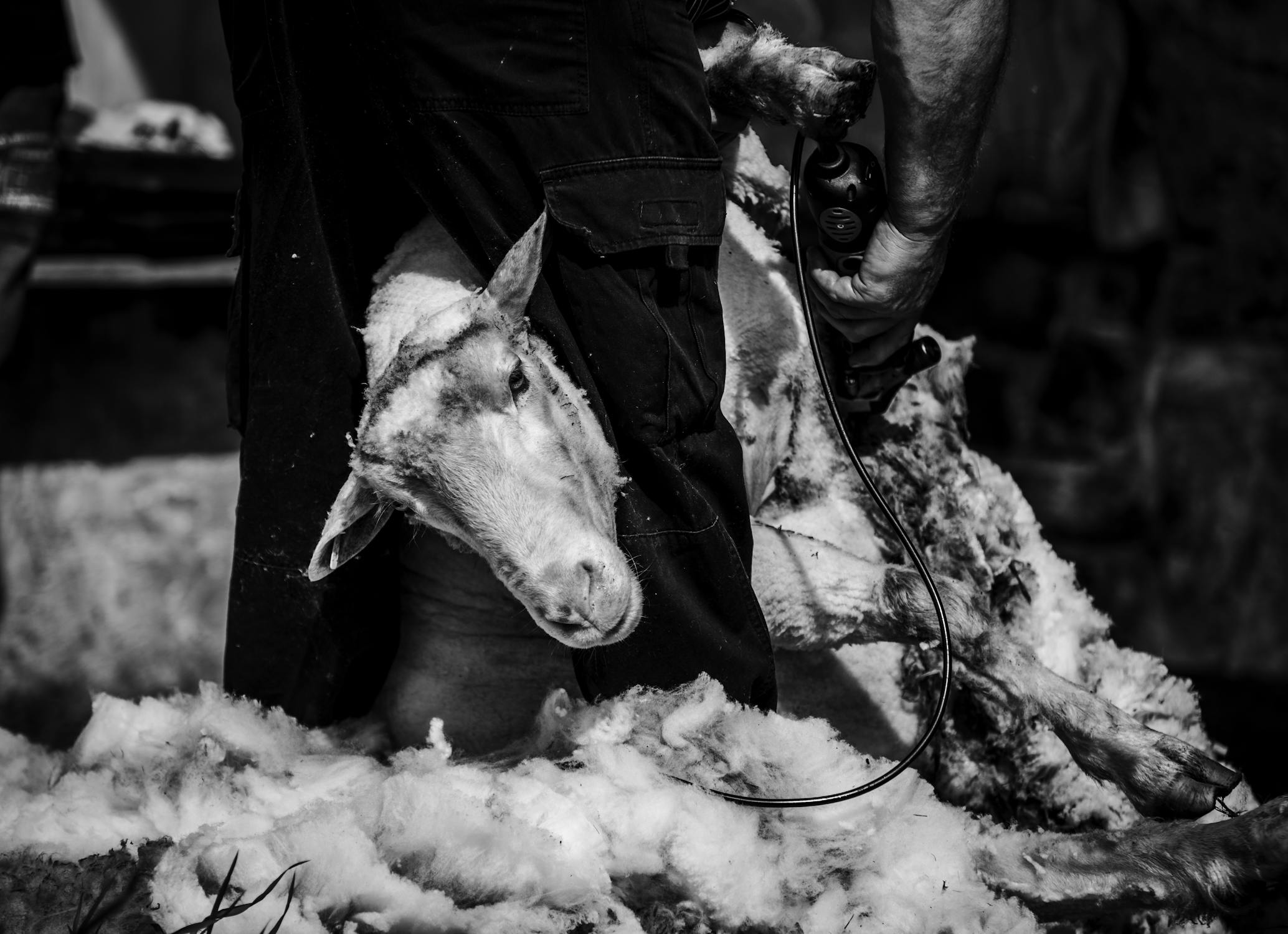Levi Strauss & Co., Nike, adidas, and VF Corp. are strengthening their commitments to phase out mulesing. Humane Society International (HIS) Australia launched the latest edition of its “Better Wool Guide” last week, adding 75 new brands for a total of 221 participants. The document highlights brands available to Australian consumers that have committed to removing mulesed wool from their supply chain, including those who have done so already.
Georgie Dolphin, an animal welfare campaigner at HIS Australia, noted that there has been a significant shift in the conversation surrounding mulesed wool, with condemnation becoming the prevailing sentiment. She expressed encouragement at the increasing number of brands openly opposing the practice and advocating for a more compassionate solution. Dolphin highlighted the role of the Better Wool Guide in empowering Australian shoppers to make kinder choices for lambs when purchasing wool products, whether it's for their wardrobes or items for their homes.
Increased Commitments and Tier Classification in the Better Wool Guide
Newcomers included Australian brands Koala, Spell, Afends and Zulu & Zephyr. They joined larger names like Target and H&M. Several big names, including the Timberland and The North Face parent VF Corp., Levi Strauss & Co., Adidas and Nike, strengthened their commitments since HIS Australia’s last edition of the Better Wool Guide and now rank in the guide’s top tier. The Better Wool Guide splits its brands and retailers into two tiers.
The top tier includes those that are already 100 percent non-mulesed with verification partly or exclusively through a robust certification scheme, such as the Responsible Wool Standard or ZQ Merino, and those that have a time-bound commitment to be fully non-mulesed. The second tier covers those that have committed to phasing out mulesed wool, but without a time commitment, and those that have committed, but are relying on verification “through a less robust certification scheme.”

The Cruelty of Mulesing and Efforts to Eliminate the Practice
Performed on wrinkled lambs to prevent them from contracting flystrike—a painful disease caused by flies laying eggs in their skin folds—mulesing involves slicing strips of skin off their rears, often without pain relief. According to HIS Australia, more than 10 million Merino lambs are mulesed each year. Since New Zealand banned the practice in 2018, Australia is the only remaining country where mulesing still takes place.
Dolphin emphasized that the increasing number of brands committing to eliminate mulesed wool by 2025 or 2030 sends a strong market signal, indicating that the practice of mulesing lambs is gradually coming to an end. She emphasized the need to protect sheep from flystrike by breeding plain-bodied flocks that do not attract flies. Dolphin further emphasized the importance of swift legislation to accelerate progress, benefiting both lamb welfare and the reputation of the Australian wool industry.
On the same day that HIS Australia released the latest Better Wool Guide, Canadian women's fashion brand Aritzia held its annual shareholders meeting. Prior to the meeting, animal rights organization People for the Ethical Treatment of Animals (PETA), which owns stock in Aritzia, announced its intention to pressure the company into discontinuing the use of all animal-derived materials in its products.
PETA’s Allegations of Animal Cruelty
PETA's executive vice president, Tracy Reiman, criticized Aritzia's claims of responsibility, stating that there is nothing responsible about subjecting animals to mutilation without painkillers and engaging in violent practices to obtain their wool, feathers, or skin. PETA called on Aritzia to remove these labels they consider meaningless and make the compassionate decision to remove animal-derived materials from its store shelves.
PETA presented evidence of animal cruelty found during investigations into farms and slaughterhouses associated with "responsible" suppliers. The findings revealed distressing acts, including geese being subjected to repeated hacking before decapitation and lambs experiencing vomiting while workers knelt on them and sawed through their necks.
Highlighting the potential of the global vegan women's fashion market, PETA's shareholder question emphasized the significant presence of Gen Z, Aritzia's primary consumer demographic, comprising 23% of the global population with a spending power of $600 billion. These conscientious consumers prioritize fashion that goes beyond aesthetics and are swift to distance themselves from companies supporting animal abuse. The question aimed to prompt Aritzia to align its actions with its animal welfare claims and discontinue the sale of animal-derived materials.
A spokesperson for Aritzia expressed the company's dedication to responsible sourcing, including animal-derived materials. They stated that Aritzia adheres to industry-leading standards established through consultations with multiple stakeholders and in accordance with the five freedoms framework. Aritzia also offers alternative options, such as Primaloft-filled outerwear or faux leather jackets and pants, for customers who prefer non-animal-derived materials.
